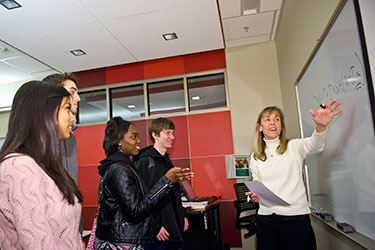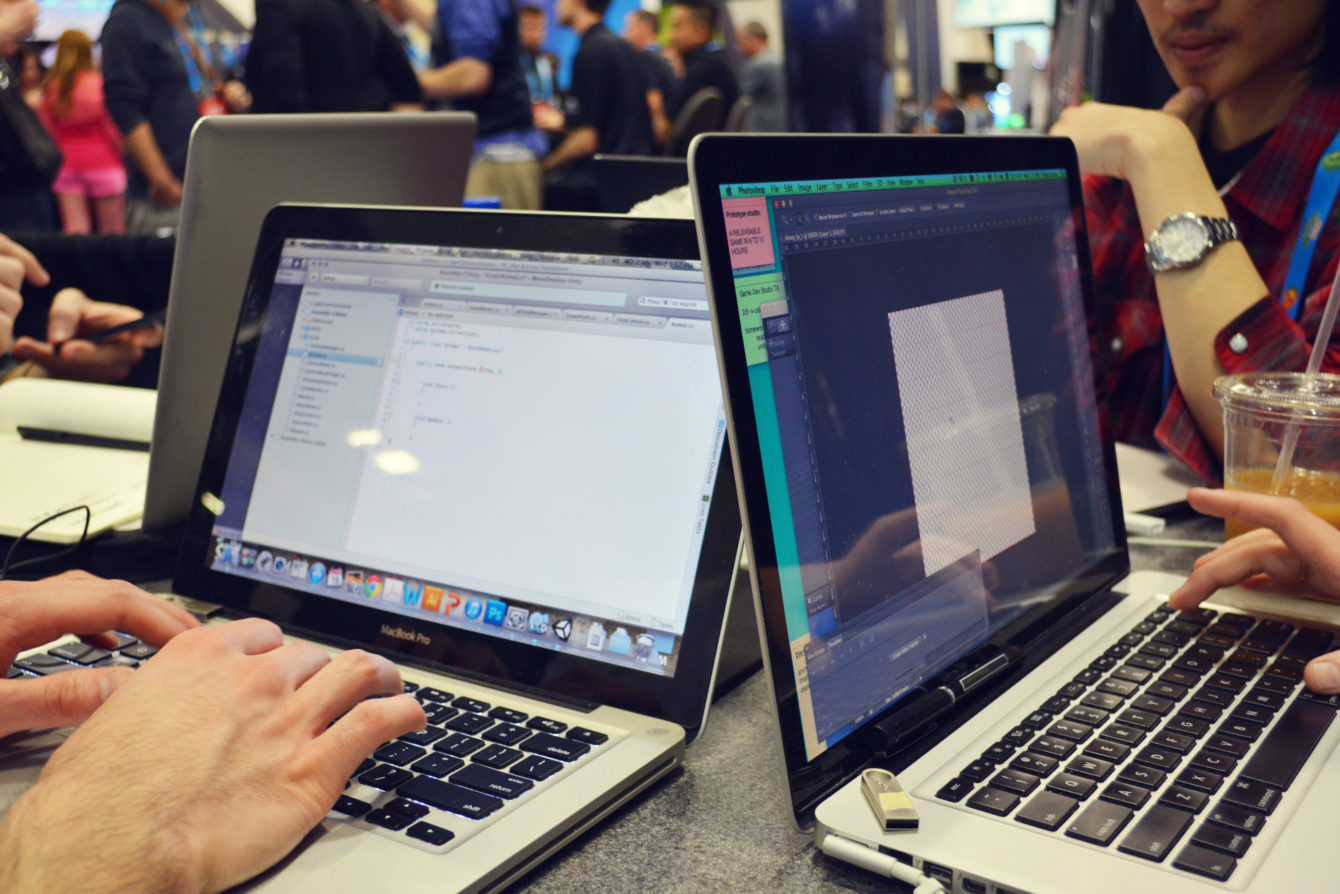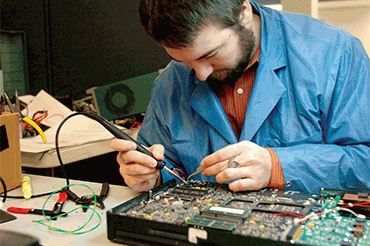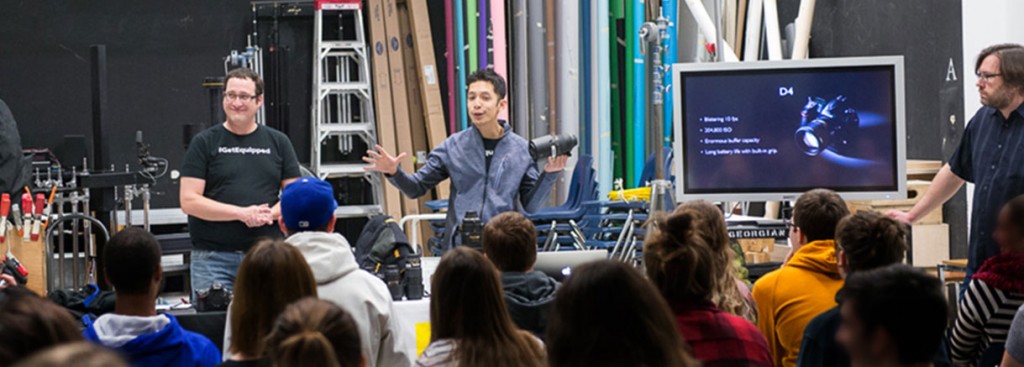
Rochester Institute of Technology - Computer Engineering Technology BS
Computer Engineering Technology BS
Michael Eastman, Department Chair
(585) 475-7787, mgeiee@rit.edu
http://www.rit.edu/cast/ectet/bs-in-computer-engineering-technology.php

Program overview
Embedded systems are at the heart of devices and systems used every day. Computer engineers design embedded systems for medical diagnostic equipment, digital cameras, missile guidance systems, anti-lock braking systems, scanners, copiers, switches, routers, and cell phones. The embedded systems designer requires knowledge of computer hardware and software.
The computer engineering technology major is designed to meet industry’s ever-increasing need for engineers with an in-depth knowledge of hardware and software design and development. The curriculum bridges the gap between these two disciplines by providing a solid foundation in each and integrating them with intensive classroom and laboratory experiences.
From a software perspective, students gain a strong background in cutting-edge development with programming languages currently used in industry. Students learn industry standard approaches to application software development as well as state-of-the-art problem-solving techniques. Students learn techniques for developing applications code and firmware, and they understand and appreciate the difference. Embedded “C” and assembly language programming are performed in numerous courses.
The hardware focus of the curriculum is on digital systems design and development. From low-level gate design to high-end microprocessors and current bus standards, students gain an architectural understanding of computer systems. The curriculum includes in-depth design and analysis of combinational logic, sequential logic and state machines, micro-controller systems, microprocessor systems, and state-of-the-art computer technology. Students perform schematic entry timing analysis and FPGA development in VHDL using industry standard computer-aided engineering tools.
A capstone experience in the fifth year enables students to integrate their hardware and software expertise in a semester-long project course.
 The emphasis on hardware and software design, along with a solid foundation in math, science, and the liberal arts, produces graduates who are well-prepared to enter the work force as design engineers or to pursue advanced degrees. Students will gain depth of knowledge and breadth of experience that will inspire them to pursue successful careers in their chosen professional field and embark on a path of lifelong learning.
The emphasis on hardware and software design, along with a solid foundation in math, science, and the liberal arts, produces graduates who are well-prepared to enter the work force as design engineers or to pursue advanced degrees. Students will gain depth of knowledge and breadth of experience that will inspire them to pursue successful careers in their chosen professional field and embark on a path of lifelong learning.
Options
 Students may elect to use the two technical electives and the two free electives to complete an option in audio or telecommunications. Each option consists of four courses.
Students may elect to use the two technical electives and the two free electives to complete an option in audio or telecommunications. Each option consists of four courses.
Cooperative education
The program requires students to complete approximately 50 weeks of cooperative education. Students may begin their co-op experience in the third year of the program. Co-ops may be completed during the academic year or during the summer. Each student is assigned a co-op adviser to assist in identifying and applying to opportunities.
Accreditation
The computer engineering technology major is accredited by the Technology Accreditation Commission of the Accreditation Board for Engineering and Technology ABET, http://www.abet.org.
Curriculum
Computer engineering technology, BS degree, typical course sequence

































